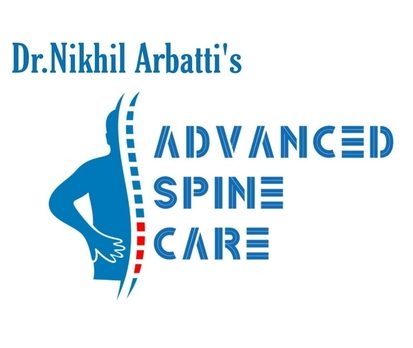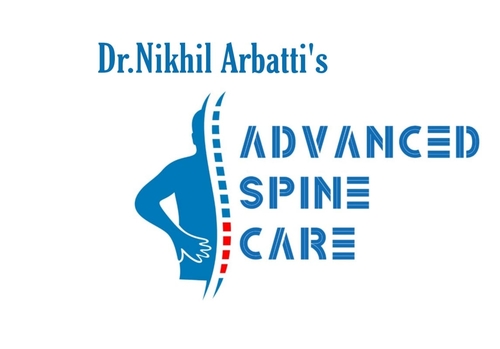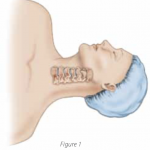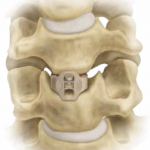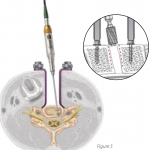CERVICAL SPINE SURGERIES
Anterior Cervical Decompression & Stabilization
Cervical Disc prolapses with stenosis requiring a surgical decompression and stabilisation, are usually tackled through an anterior approach.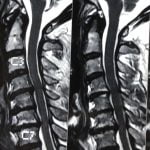
The anterior approach is a standard approach for treating cervical disorders, routine problems treated by this approach are
- Cervical disc prolapses
- Cervical stenosis
- Cervical degenerated discs.
Through this approach, under the microscope vision, and with minimal tissue and muscle dissection, the compression over the nerves is removed, like the discs, or ligaments.
Once the disc space is cleared a spacer or artificial disc is packed into the space, this prevents the bones or the vertebra, collapsing and coming in contact with each other.
After this procedure the patient can be mobilised the same day, and in fact in younger individuals he can be discharged the same day, as there is hardly any pain or disability post surgery.
Posterior Cervical Foraminotomy and Discectomy
In some cases of cervical disc prolapses we perform, the surgery through a posterior approach, we perform this surgery through a minimally invasive tubular approach now instead of the bigger incsions.
Through small incisions and smaller tubes , we reach the target site directly then under microscope guidance we perform the entire procedure of decompressing the nerves and doing discectomies.
We can also perform this through a endoscopic approach, wherein, similar to the minimally invasive tubes we use scopes to reach the target site and do the entire procedure.
The benefits of this approach compared to an anterior surgery are, we avoid removing the entire discs and also avoid putting implants.
Case and patient selection is important in achieving good results and for patient satisfaction.
Artificial Cervical/Lumbar Disc Replacement
Disc prolapses in young individuals are happening more regularly now, its mainly because of sedentary lifestyle, no physical activity, or traumatic disc prolapses due to extreme physical activity.
The disc prolapses affect the daily activities of these individuals, because of pain and numbness. Young individuals need to get back to their active lifestyle quickly, in such individuals who have a demanding lifestyle and strain on the damaged disc can be worrisome, an Artificial Disc Replacement can be considered, where the natural disc is removed and an Artificial disc is inserted, which helps the individual in performing daily activities smoothlessly as before.
The benefit over a traditional fusion surgery, is that there is no loss of range of movements or no major restrictions post the surgery.
